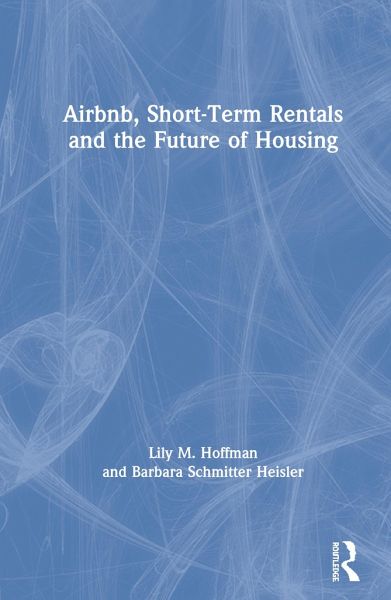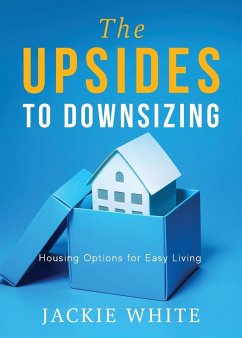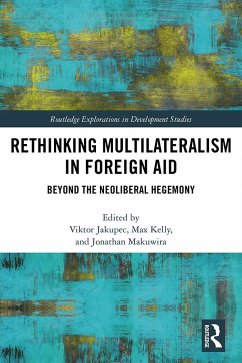
Airbnb, Short-Term Rentals and the Future of Housing
Versandkostenfrei!
Versandfertig in 1-2 Wochen
168,99 €
inkl. MwSt.
Weitere Ausgaben:

PAYBACK Punkte
84 °P sammeln!
How do Airbnb and short-term rentals affect housing and communities? Locating the origins and success of Airbnb in the conditions wrought by the 2008 financial crisis, the authors bring together a diverse body of literature and construct case studies of cities in the US, Australia and Germany to examine the struggles of local authorities to protect their housing and neighborhoods from the increasing professionalization and commercialization of Airbnb. The book argues that the most disruptive impact of Airbnb and short-term rentals has been on housing and neighborhoods in urban centers where ho...
How do Airbnb and short-term rentals affect housing and communities? Locating the origins and success of Airbnb in the conditions wrought by the 2008 financial crisis, the authors bring together a diverse body of literature and construct case studies of cities in the US, Australia and Germany to examine the struggles of local authorities to protect their housing and neighborhoods from the increasing professionalization and commercialization of Airbnb. The book argues that the most disruptive impact of Airbnb and short-term rentals has been on housing and neighborhoods in urban centers where housing markets are stressed. Despite its claims, Airbnb has revealed itself as platform capitalism, incentivizing speculation in residential housing. At the heart of this trajectory is its business model and control over access to data. In a first narrative, the authors discuss how Airbnb has institutionalized short-term rentals, consequently removing long-term rentals, contributing to rising rents and changing neighborhood milieus as visitors replace long-term residents. In a second narrative the authors trace the transformation of short-term rentals into a multibillion-dollar hybrid real estate sector promoting a variety of flexible tenure models. While these models provide more options for owners and investors, they have the potential to undermine housing security and exacerbate housing inequality. While the overall effects have been similar across countries and cities, depending on housing systems, local response has varied from less restrictive in Australia to increasingly restrictive in the United States and most restrictive in Germany. Although Airbnb has made some concessions, it has not given any city the data needed to efficiently enforce regulations, making for costly externalities. Written in a clear and direct style, this volume will appeal to students and scholars in Urban Studies, Urban Planning, Housing and Tourism Studies.














